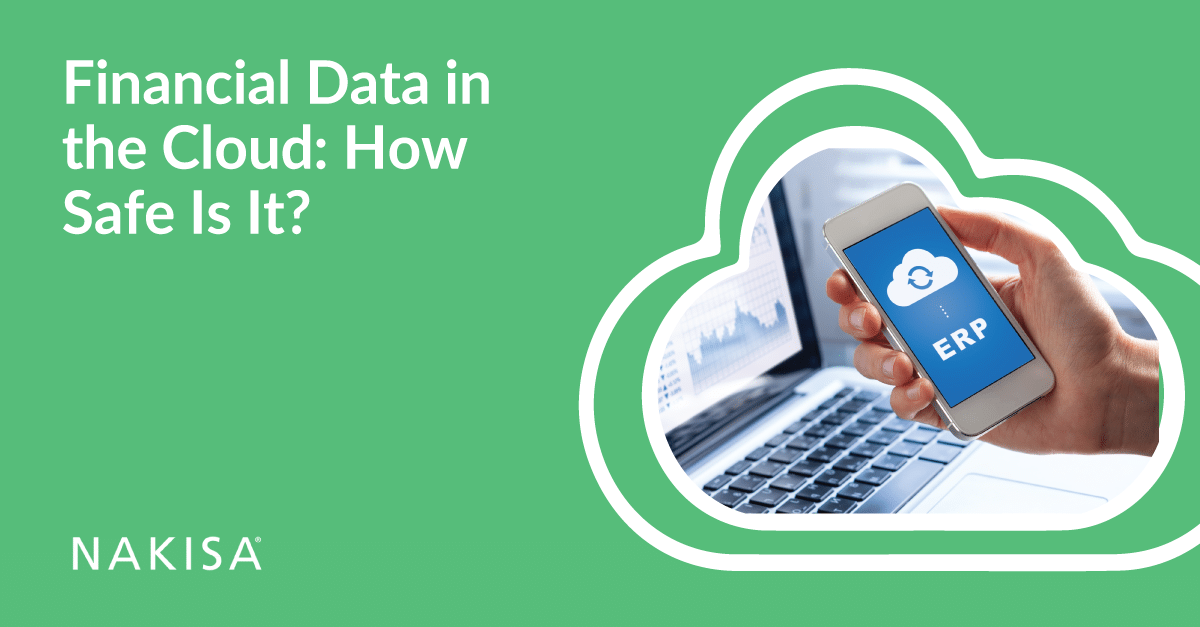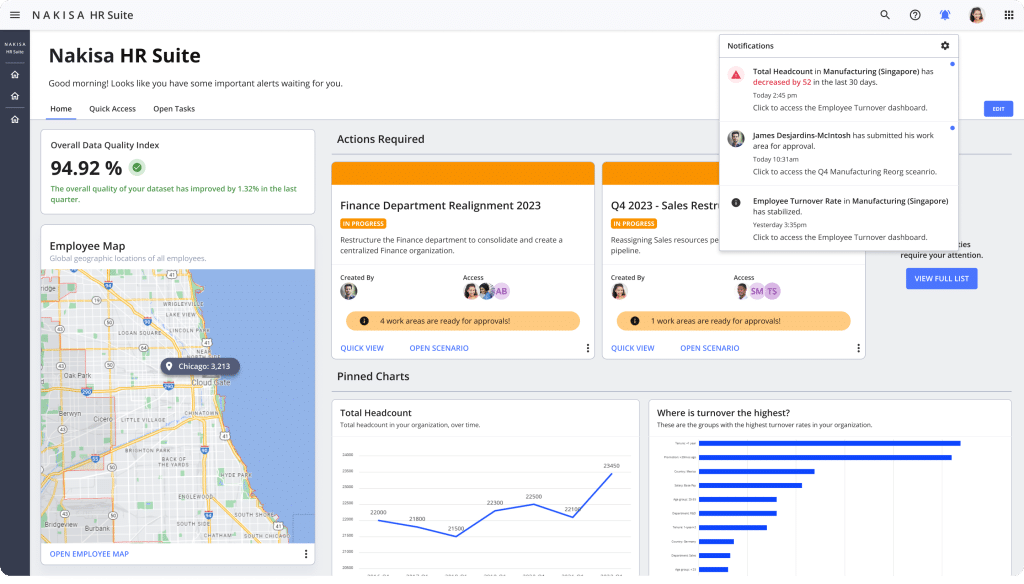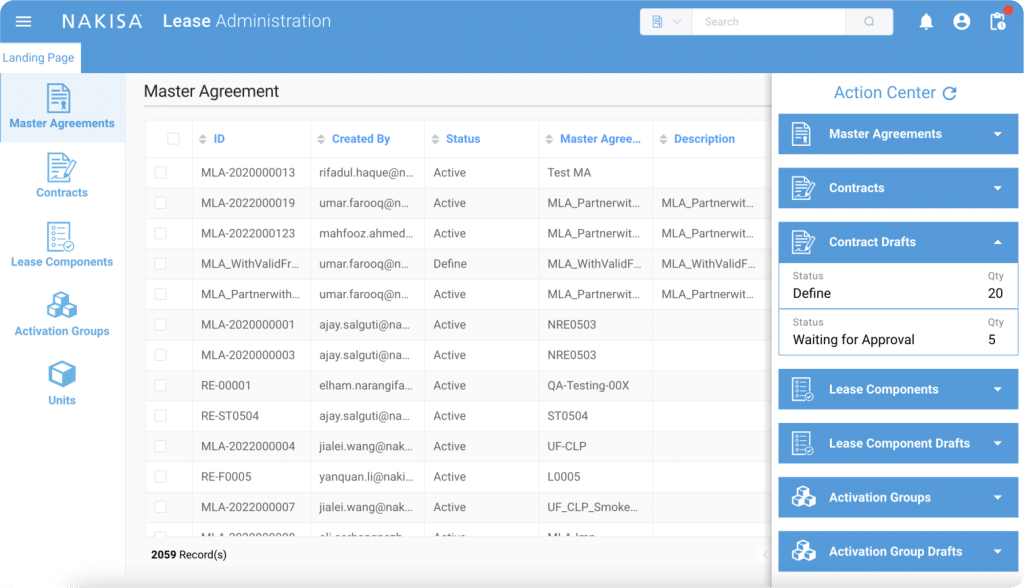Not as confident in your current lease administration process as you want to be? You're not alone. Intrigued by cloud-based applications that make credible promises of bringing order out of chaos, but concerned about data security? You can take comfort that an increasing number of your peers have grown to trust data safety in the cloud and are migrating essential finance tools to cloud-based solutions.
Perhaps you, like finance chiefs at many large companies, see lease administration as a key pain point. This unease comes from heavy reliance on manual inputs and spreadsheets, and tools which require significant time and effort to pull even the most basic data. Adding to those frustrations, you fear your current process won't support adopting new lease accounting standards (ASC 842 and IFRS 16) by the start of 2019.
If these concerns describe you, you aren’t alone. In a 2016 PWC-CRBE study about readiness for the new accounting rules, respondents were more worried about data collection and systems roadblocks than the accounting policies themselves. A significant portion of that doubt stemmed from the fact that 68 percent of organizations surveyed said they use spreadsheets to manage their lease portfolios. It's no surprise that a follow-up 2017 survey found that 43 percent of respondents planned to change lease management systems.
The Cloud Offers Reliable, Useful Solutions
According to a 2017 survey by Robert Half and the Financial Executives Research Foundation, 72 percent of the U.S. respondents have either already adopted or have explored cloud-based solutions. The cloud offers many benefits users find appealing. Cloud-based products enable powerful processing, support teamwork among multiple locations and users, and provide access through different devices, including mobile. The further benefits of minimal upfront investment and the promise of scalability have placed these product capabilities within reach of a higher number of users.
The Cloud Offers Many Comparative Advantages in Data Safety
A 2017 study by cloud performance management company Adaptive Insights found that 73 percent of CFOs trust the cloud for their financial data, a more than a two-fold improvement from three years ago.
To embrace cloud-based applications, finance, and IT chiefs have had to get comfortable with three essential topics which guide thinking about IT and data issues—protection, continuity, and compliance. These are not unique to cloud computing, but the platform’s nature addresses them in unique ways.
- Protection. Front-line user access controls, such as those related to passwords, are the weakest link in the security chain for any application, whether it stores data on a desktop, a private server, or in the cloud. The cloud allows organizations to tailor access controls in ways that suit their needs, such as web-based tokens, multi-factor authentication, and limited-time restrictions, along with the capability for detailed activity logs and audit trails. These types of tools are not possible for spreadsheets and deploying them in private data centers requires substantial investments in time, infrastructure, and human capital.
- Continuity. As a pool of virtual computing resources, the cloud offers a comparative advantage in business continuity planning and disaster recovery. With data centers across the U.S. and around the globe, cloud providers can replicate capacity to maintain processing continuity and aid in data recovery if there is a disruption.
- Compliance. In a cloud environment, there is an enhanced ability to automate core maintenance processes and make updating and implementing applications and deployments more complete, faster, and more efficient. Operating in the cloud reduces by a significant degree the risk of a network falling out of date because someone failed to run a patch.
As with non-cloud service organizations, the best cloud-based tools provide independent auditor’s reports that attest to the effectiveness of the service provider’s controls over security, availability, processing integrity, confidentiality, and privacy. As further evidence of their performance, the best cloud-based applications certify compliance with SOC certification, which establishes best practices for controlling information system risks.
The data is clear. Beyond seeing the benefits inherent to cloud applications, there is an increase in leader comfort levels with cloud data safety. Proper due diligence is an essential part of choosing any critical financial application. Do yours on a well-designed cloud-based application, and you will find it can be just as secure, if not more secure, than alternative tools.





